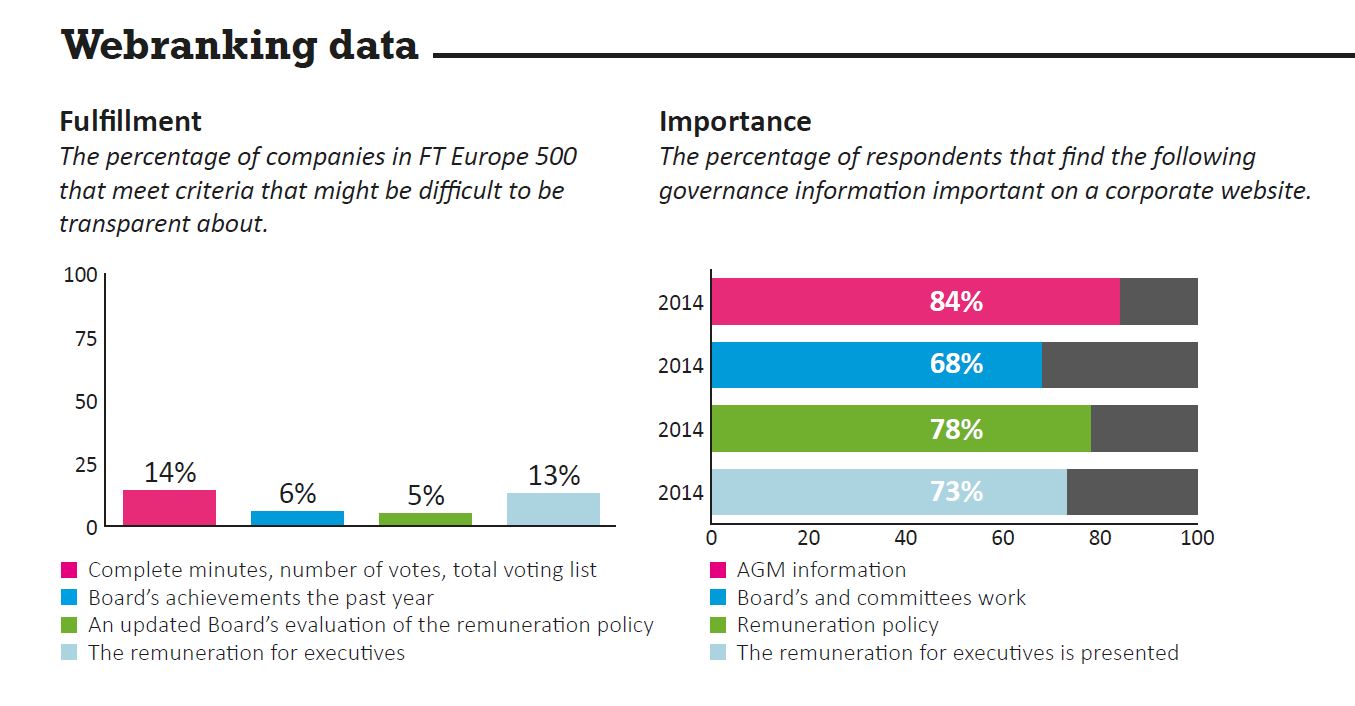- Services
- Our work
- News
- Who we are
- Webranking
- Webranking results
- Webranking results hub
- 2023-2024
- 2022-2023
- Webranking 2022-2023 summary
- All companies 2022-2023
- Europe 500 2022-2023
- Austria 2022-2023
- Belgium 2022-2023
- Denmark 2022-2023
- Finland 2022-2023
- France 2022-2023
- Germany 2022-2023
- Italy 2022-2023
- Netherlands 2022-2023
- Norway 2022-2023
- Sweden 2022-2023
- Spain 2022-2023
- Switzerland 2022-2023
- United Kingdom 2022-2023
- 2021-2022
- Webranking 2021-2022 summary
- All companies 2021-2022
- Europe 500 2021-2022
- Austria 2021-2022
- Belgium 2021-2022
- Denmark 2021-2022
- Finland 2021-2022
- France 2021-2022
- Germany 2021-2022
- Italy 2021-2022
- Netherlands 2021-2022
- Norway 2021-2022
- Sweden 2021-2022
- Spain 2021-2022
- Switzerland 2021-2022
- United Kingdom 2021-2022
- 2020-2021
- Webranking 2020-2021 summary
- All companies 2020-2021
- Europe 500 2020-2021
- Austria 2020-2021
- Belgium 2020-2021
- Denmark 2020-2021
- Finland 2020-2021
- France 2020-2021
- Germany 2020-2021
- Italy 2020-2021
- Netherlands 2020-2021
- Norway 2020-2021
- Spain 2020-2021
- Sweden 2020-2021
- Switzerland 2020-2021
- United Kingdom 2020-2021
- 2019-2020
- Europe 500 2019-2020
- Global 100 2019-2020
- Austria 2019-2020
- Belgium 2019-2020
- Denmark 2019-2020
- Finland 2019-2020
- France 2019-2020
- Germany 2019-2020
- Italy 2019-2020
- Netherlands 2019-2020
- Norway 2019-2020
- Russia 2019-2020
- Spain 2019-2020
- Sweden 2019-2020
- United Kingdom 2019-2020
- All companies 2019-2020
- Companies by sector 2019-2020
- 2018-2019
- Europe 500 2018-2019
- Global 100 2018-2019
- Austria 2018-2019
- Belgium 2018-2019
- Denmark 2018-2019
- Finland 2018-2019
- France 2018-2019
- Germany 2018-2019
- Italy 2018-2019
- Netherlands 2018-2019
- Norway 2018-2019
- Spain 2018-2019
- Sweden 2018-2019
- Switzerland 2018-2019
- United Kingdom 2018-2019
- Russia 2018-2019
- All Companies 2018-2019
- 2017-2018
- 2016-2017
- 2015-2016
- Webranking news
- How we select companies
- The Webranking Report
- Webranking results
- Join us
- Contact

We are now part of a new Comprend
Your partner in tech-enabled marketing and communication for transformative impact


